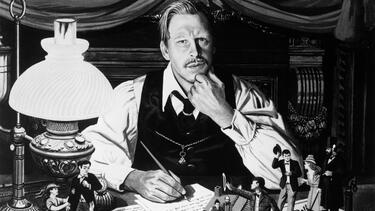All Insights Articles
In the Emergency Department, Patients from Marginalized Groups Are More Likely to be Bypassed in the Queue
In a busy hospital emergency department, White people who speak English and have private insurance are more likely to jump the line and get seen first, according to new research from Professors Lesley Meng and Edieal Pinker and Dr. Rohit Sangal ’21 of Yale New Haven Hospital.

Forms of Wisdom: Lessons from Public Health Entrepreneurs
Four women who are using entrepreneurial tools to achieve public health goals visited Teresa Chahine’s podcast, Impact & Innovation, where they told their stories and shared what they’ve learned about connecting with a community to make a difference.
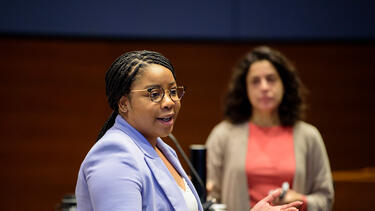
Lower-Income Employees Are More Likely to Remain at 401(k) Defaults, Even If It Costs Them Money
Automatically enrolling employees in retirement plans is a powerful tool for increasing savings. But Yale SOM’s James Choi and his coauthors find that once enrolled, people with lower incomes are more likely to remain at default contribution rates, even if they aren’t optimal.
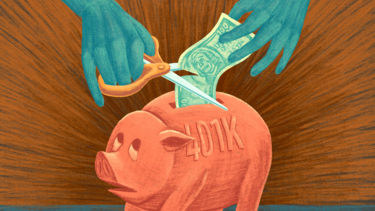
The Conversations on an Anonymous Economics Forum Are Troubling—and Elite Schools Are Part of the Problem
Yale SOM’s Paul Goldsmith-Pinkham and Kyle Jensen and their former colleague Florian Ederer presented a study showing that anonymous racist and sexist posts on the popular Economics Job Market Rumors website were coming from top universities.

Imagining Future-Ready Infrastructure
Our aging infrastructure isn’t ready for climate change. David Gilford ’07 explains how new resilient, technology-enabled infrastructure can help us thrive in an uncertain future.

What I Learned Debating Vivek Ramaswamy
Yale SOM’s Jeffrey Sonnenfeld, who has tangled on cable news with the entrepreneur turned GOP candidate, says the key is to avoid following him down diversionary rabbit holes.

What Can Other Companies Learn from Patagonia’s Model?
Patagonia “is in business to save our home planet.” We talked with Vincent Stanley, the company’s director of philosophy, about the lessons for Patagonia’s peers in its approach to doing business.
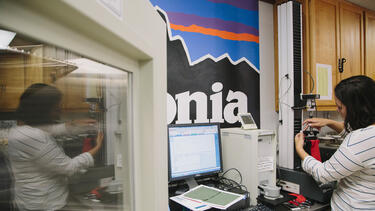
Reinventing the Way We Work—Again
The pandemic changed where we work and how we work, how we think about the place of work in our lives and vice versa—all against a backdrop of rapid technological change, economic upheaval, and a reckoning with racism. We talked with Yale SOM's Heidi Brooks about how to have necessary conversations about a new experience of work.

Video: Dating, Marriage, Parenting, and the Gender Wage Gap
Women earn 79 cents for every dollar that men make. But look beyond that widely cited statistic, and you’ll find a complex story of causes, effects, and correlations. Prof. Mushfiq Mobarak surveys the literature on the subject and argues that, to close the gap, we need to address society’s differing expectations around who bears the burden of family and parenting responsibilities.
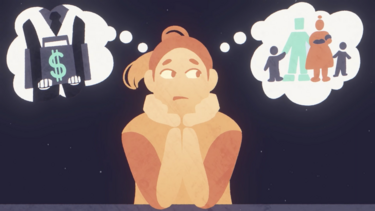
Horatio Alger Is a Hoax, But We Can Still Celebrate the American Dream
Horatio Alger, the 19th-century writer whose name became shorthand for self-improvement, is in the news because of Justice Clarence Thomas’s connection to the Horatio Alger Association of Distinguished Americans. But Yale SOM’s Jeffrey Sonnenfeld says that Alger’s story says more about mythmaking than it does about the American dream.
